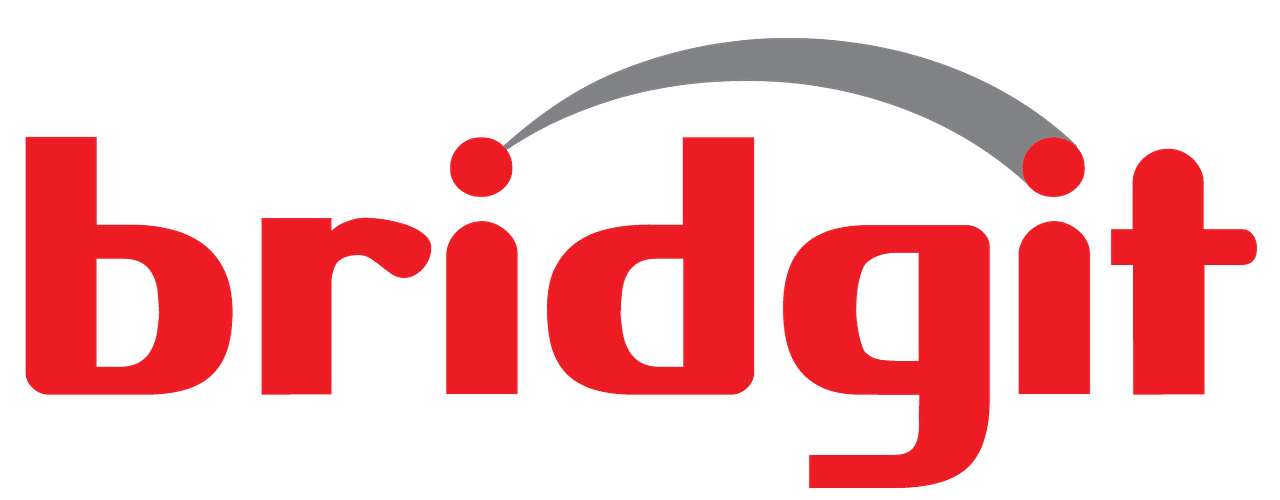COURSE OVERVIEW
Good project management practices are an insurance policy. They prevent projects turning into a disaster. Project Management is about anticipating the future in time to do something about it.
Good project Managers do not only understand the 5 process groups and 10 knowledge areas that comprise the project management framework but also understand how to apply this framework in the best possible way. This includes being pro-active instead of reactive in every aspect of their job.
This course takes the content of previously attended project management training programs further and discussed some of the more advanced concepts in depth. It enhances the competence of the experienced project managers or leaders to the next level. It focuses on creating a high performance project management team with skilled and highly motivate project managers as the engine.
TARGET AUDIENCE
Who should attend: Project Managers, Project Leaders, PMO Members and PMO Managers
Course Mode: 65% Group Discussion & Exercises and 35% Lectures
Pre-requisite: Project Management Essentials/Project Management Fundamentals or Practical Project Management Simulation
LEARNING OUTCOMES
- Comprehend the strategic value of projects
- Illustrate the business case of a project
- Understanding the role of the PMO
- Classify the Skills and competence required for effective project managers
- Learn how to develop a comprehensive plan
- To be alert and proactive and avoid failures
- Uncover ways to recognise projects leading towards disaster and make crucial decisions
- Monitor and control effectively to implement successful projects
- The insight to access project performance and design contingency plans
COURSE OUTLINE
- The development and importance of a successful business case
- Business Benefits Realization
- What are projects, programmes and portfolios?
- The different roles of a PMO
- What is Organisational Project Management Maturity
- Advanced Stakeholder Analysis; Salience Model
- Scope;
- Advanced WBS,
- WBS Dictionary
- Managing Scope Changes
- Schedule
- Estimating Techniques
- Schedule Development
- Cost
- Budgeting
- Estimating
- Earned Value Management
- Resources:
- Types of Resources,
- Responsibility Matrix,
- Resource Levelling
- Risk Management;
- Risk Response Planning
- Risks versus Issues
- Advanced Risk Register
- Procurement and Contracts;
- Various Types of Contracts
- Contract Management
- Execution of the project
- Project leadership and other skills that is required at various stages
- Monitoring & Controlling the project
- Closing the Project



